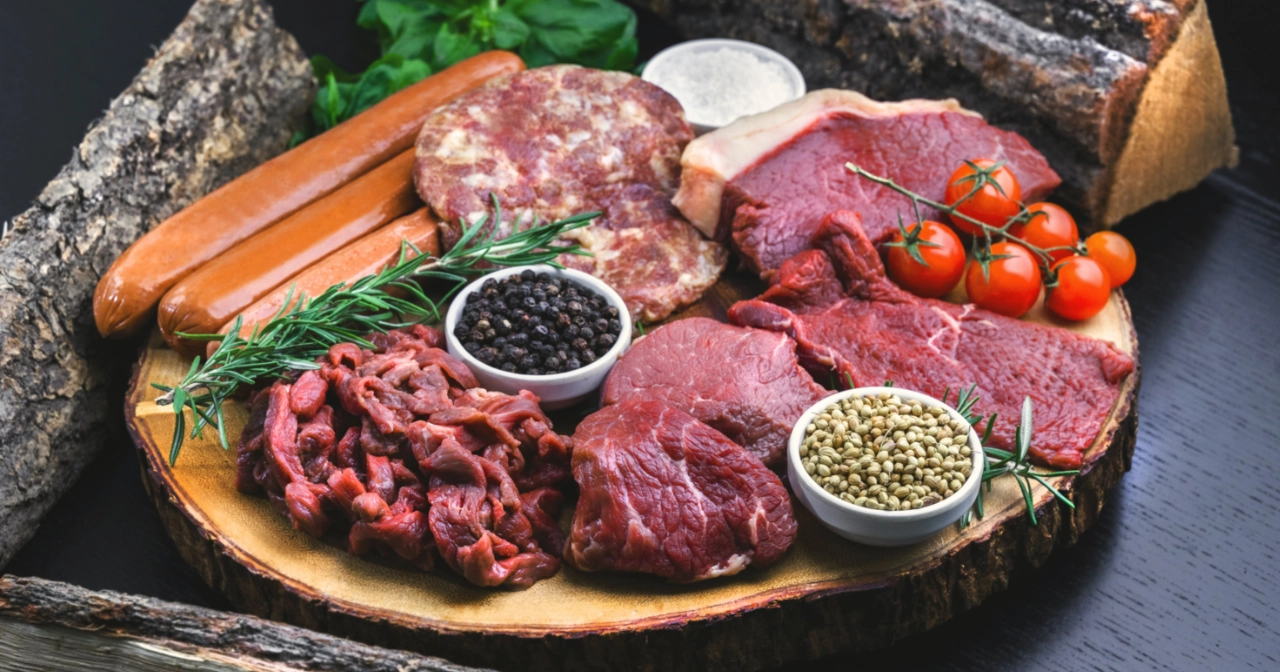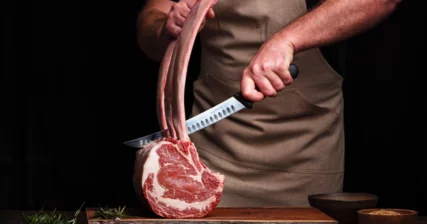Listen on: Apple Podcasts | Spotify
I’m often amused by how nutrition and fitness professionals complicate nutrition, especially for those who are looking to lose weight or get leaner. Some will recommend cutting carbs, others cutting coffee, and still others, surprisingly, cutting fat.
For many years I was on the side of cutting carbs. It works very well for a while, but eventually, people want to eat the food they like to eat. Many of those include carbs and sugar. I don’t blame them. I like to eat sweets and other starch as well.
My main point, though, is that most nutrition and fitness professionals, when counseling clients, start with restricting their clients from certain foods or beverages. Those with super willpower may be able to live in a state of restriction for a while, but eventually, they go back to their old way of eating. The body fat creeps back on shortly thereafter.
About eight years ago, I started to realize that helping people get healthier and fitter, and leaner doesn’t need to start with dietary restrictions at all. In fact, it works better when the focus is on eating more of one thing: protein.
And this is especially important: the older you are, the more important that protein becomes.
Here’s why my nutrition recommendations start with protein first.
One exception: Those with preexisting kidney disease need to limit their protein intake. Protein consumption does not cause kidney disease, but for those who already have it, protein may exacerbate the issue.
You Can’t Overeat Protein
The average American eats between 50 and 80 grams of protein per day. It isn’t very much. Research continues to show that a protein intake of one gram per pound of ideal body weight is closer to an optimal amount.
That’s what I have clients eat.
For example, if a guy is at 260 pounds today but should be closer to 200 pounds, then 200 grams of protein will suffice.
However, if he really loves protein and wants to eat 400 grams per day, more power to him. The extra protein probably won’t improve his body composition more than 200 grams would, but if he’s eating that much, he’ll probably eat less of other foods that aren’t as good for him.
Overeating protein does not make you fatter.
An old fashion registered dietitian will tell you that that’s the case, but research shows it’s simply untrue.
Jose Antonio led a group of researchers to study the effects of eating way more protein than most people can handle. Their study participants ate twice their body weight in grams of protein each day. Much of the extra protein came from protein powders because it would be virtually impossible to eat that much from whole food.
At the end of the study, after those participants had eaten an average of 500 calories more per day than they burned, guess what happened? Nothing. They didn’t gain any body fat at all. Overeating protein will not make you fat or unhealthy or any of the other nonsense that a “calories in calories out” registered dietitian will tell you it does.
So, if you’re going to overeat any of the macronutrients, protein is the one to overeat.
Read also: 5 Reasons Low-Calorie Diets Don’t Work Long-Term.
Reduced Desire for Sugar and Starch
A high protein diet significantly reduces cravings for junk.
The protein triggers your satiety signals for much longer than other types of foods.
If you are satiated, it’s less likely that you’ll go searching for junk food. More than likely, you won’t even feel like snacking, so you end up eating less often during the day, which has numerous blood sugar and metabolic benefits.
Read also: Eat Meals, Not Snacks. Why you shouldn’t eat every few hours.
Better Blood Sugar Control
A high-protein meal helps you regulate blood sugar better even if you do end up eating extra sugar or starch.
Another guideline that I recommend for clients who’ve been working with me for a while is that whenever they eat dessert, they eat it right after their meal. That way, when it’s mixed in with a high-protein meal, it has less of an impact on blood sugar than if they were to wait until just before bed and eat a pint of ice cream.
Better blood sugar control also means your energy levels will stay more steady during the day, so you won’t feel so sluggish and will be more likely to be more active.
Muscle Growth (or Maintenance)
You could get by just fine without eating any carbs and avoiding most fats other than essential fatty acids.
But you would waste away without enough protein. That’s why the carnivore diet works for people who can handle it. But that’s a topic for another day because a carnivore diet is still a restrictive diet, and isn’t necessary for most people.
Depriving someone of protein doesn’t mean they will become skinny and gaunt and look like they’re starving.
Many people who are obese also lack muscle mass, but because they are carrying around so much extra body fat, it’s hard to see that they’re malnourished.
Muscle is made of amino acids, and amino acids come from the protein in your diet. But your body also needs amino acids for numerous other cognitive and metabolic functions. So, you have to eat a higher protein diet to support muscle growth, especially as you age.
As you get older, you develop anabolic resistance.
That means older adults need to eat more protein to trigger muscle growth or to slow muscle breakdown than their children or grandchildren do.
It’s extremely difficult for older adults to maintain muscle mass if they don’t eat a high-protein diet.
The challenge is that as we age, our appetites decrease as well. So, older adults often have to keep eating protein rich foods even after they feel like they’re full.
Of course, a high-protein diet alone won’t help you build and maintain muscle mass. You need to strength train to create a stimulus to build or maintain muscle and bone density. Then, your body will make use of the protein you eat to build or maintain muscle.
Stronger Immune Function
It’s unlikely you heard anyone during the Covid circus talking about eating more protein to support your immune system, but then again, few people talked about other natural ways to protect yourself such as taking extra zinc, quercetin, and n-acetylcysteine (NAC), or getting enough vitamin D.
The fact is, if you eat insufficient protein, you sabotage your immune system. Protein plays a significant role in the innate immune system and in helping to manage inflammation throughout the body.
Better Cognitive Health
Amino acids, the building blocks of protein, play crucial roles in cognitive function. Research shows that people who eat insufficient protein amounts are at a significantly increased risk of depression. That doesn’t mean that if someone is eating adequate protein, eating more will cure depression, but if someone isn’t getting enough, it could be a part of the problem.
Beyond their role in protein synthesis, many of the proteinogenic amino acids possess neuromodulatory effects while others act as essential precursors to neurotransmitters without which deficiencies in neurotransmission will result.
Rochelin Dalangin
For your nervous system to work, which includes your brain, you need enough of the right amino acids to produce nerve impulses.
Eat More Meat (and Poultry and Fish)
I realize that statement runs counter to the current plant-based diet fad.
If you’ve paid attention to the impact the government, special interests, and the food industry have had on our diet, and our beliefs about what constitutes a “healthy” diet, you know that their propaganda has done anything but make us healthier.
Since the first dietary guidelines in 1977, we’ve been encouraged to eat more carbs (grains and fruit), while eating less meat and higher-fat foods.
Not surprisingly, we’re dealing with more cardiovascular disease, arthritis, cognitive decline, and obesity than ever.
Gandhi said,
It’s better to walk alone than with a crowd going in the wrong direction.
Gandhi
That couldn’t be more true when it comes to eating animals. We thrive when we eat them. We don’t thrive by eating their plant-based lookalikes.
Eat protein first.



